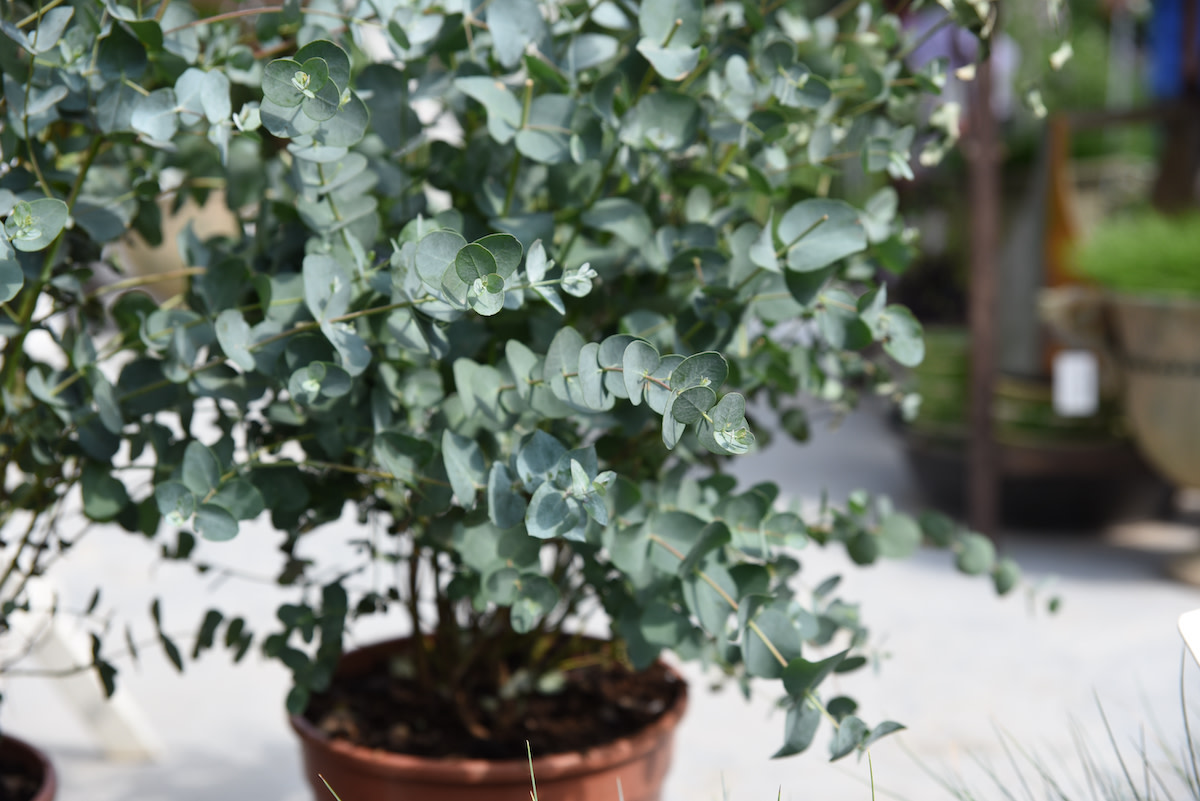How to Keep Spiders Away: 6 Natural Ways to Ward off Spiders
Written by MasterClass
Last updated: Jan 20, 2022 • 3 min read
Although some spiders serve as natural pest control by eating pesky cockroaches and mosquitoes, others can become garden pests themselves. Learn how to keep spiders away from your garden using seven natural methods.
Learn From the Best
3 Reasons to Keep Spiders Out of Your Yard
While some spiders can benefit your garden or yard, having too many can become a problem.
- 1. They cover plants in webs. Spider webs range in size; however, they’re usually twenty times the size of the spider building them. Often, spiders use garden plants to construct their tangle of webs, stringing sticky traps from one plant to the next. Excessive webs can make walking through your garden or yard challenging as you avoid getting caught in the spider’s webs. While the webs won’t harm your plants, they can cover and hide your flower blooms.
- 2. They can enter your home. Food crumbs and dirty dishes attract spiders, which can crawl through entry points, like small crevices, windowsills, and door cracks, and sneak into your kitchen. If left uncontrolled, spiders can build cobwebs inside little-used spaces like attics and closets. For a natural way to keep spiders outside, caulk any entry points in the interior and exterior of your home.
- 3. Some species are poisonous. Although most spiders are benign, some are poisonous, including black widow spiders, wolf spiders, and brown recluse spiders. Spider bites from these species can require medical attention.
6 Natural Ways to Get Rid of Spiders
Traditional methods of removing insects, such as pesticides, are not as effective for spider control. Try any of the following techniques when dealing with a spider problem in your yard:
- 1. Add spider-repellent plants. Lavender, mint, eucalyptus, and citronella are all plants with strong smells that spiders don’t like. Adding these plants to your garden can help deter spiders from building webs in your yard. If you don’t want to grow these plants, use essential oils, such as peppermint oil and tea tree oil. Simply add a few drops to the surrounding area of your garden, and the smell will repel spiders.
- 2. Remove the hiding places. Unlike other garden pests, spiders don’t crawl on leaves or flower blooms; instead, they prefer laying in hiding spots. You’ll often find spiders under rocks, woodpiles, or piles of leaves and dirt. An easy way to reduce the number of spiders crawling in your yard is to remove any debris they can use as hiding spots.
- 3. Remove the webs. Spiders use their sticky webs to catch their prey and feed on insects. Consistently removing new spider webs is a natural, DIY method of keeping spiders out of your garden. Over time, the spiders will start to build their webs elsewhere.
- 4. Turn off outdoor lights. Bright lighting doesn’t directly attract spiders; however, it attracts many insects spiders feed on, such as mosquitos, flies, and gnats. If you have outside lights, consider turning them off whenever possible as a preventative measure. Removing their food source may deter spiders from nearing your home in the first place.
- 5. Use a natural repellent spray. Some strong smells, such as citrus and vinegar, may deter spiders. To make a natural spider repellent, mix equal parts water and lemon juice or white vinegar in a small spray bottle. When using these repellents in your yard, always spray at the weeds and surrounding areas of your plants. Avoid spraying the repellent directly on your garden flowers and leaves, which may prevent healthy growth.
- 6. Use diatomaceous earth. Diatomaceous earth (DE) is a crumbly material made of fossilized diatoms, a type of protist, and landscapers often sprinkle it on the ground to use it as an insecticide. DE can kill many pests, including spiders.
Learn More
Grow your own garden with Ron Finley, the self-described "Gangster Gardener." Get the MasterClass Annual Membership and learn how to cultivate fresh herbs and vegetables, keep your house plants alive, and use compost to make your community—and the world—a better place.
